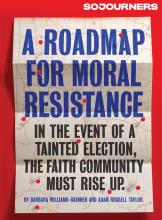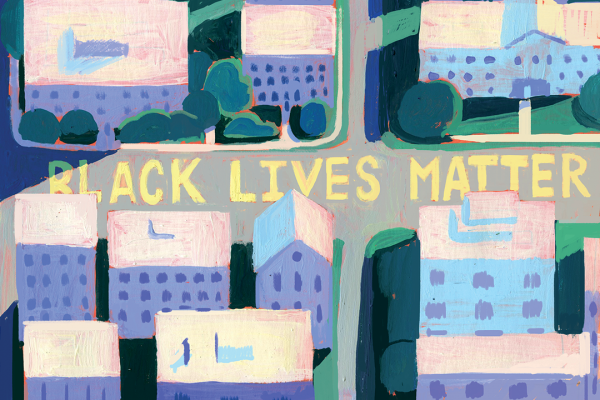AS WE COME to the end of the Christian liturgical year to enter Advent, these reflections are more on the character of God than on our human responsibilities to live into God’s reign. They evoke a sense of God’s care for God’s people as a continual reality from generation to generation.
What does it mean to reflect on the ways God has been with our ancestors and bring that reflection into our trust for God? How do we hold ourselves accountable to our history while reaching toward God’s future? If we believe that we are participants in the reconciliation of the world to wholeness, to God’s first and best intentions, then we will have to recommit ourselves to the promises we made to serve God.
It’s not always easy because there are so many other things, other “gods” if you will, to pull us away. The hymn writer confessed that he was “prone to wander, Lord I feel it.” Haven’t we all felt the inclination to leave the God of our ancestors, of our confession, of our hope? I certainly have. As we meditate over the texts for this month, I hope we also will reconsider our relationship with God and with one another. I hope we will be encouraged as we decide when and how to act as a part of our faith. The world needs us to be reflective and active in these times. God is calling us forward.
Read the Full Article

